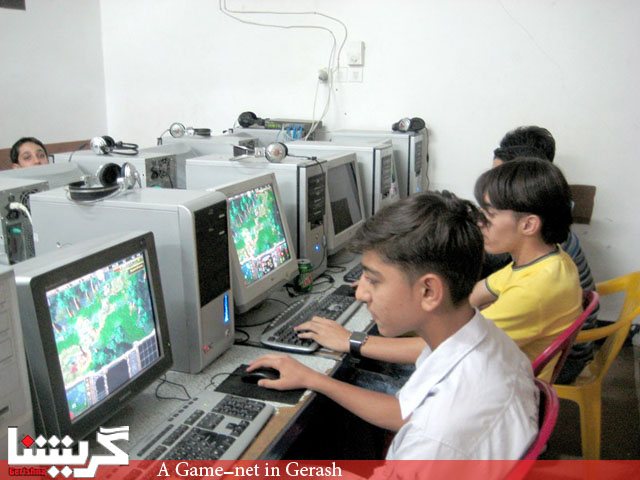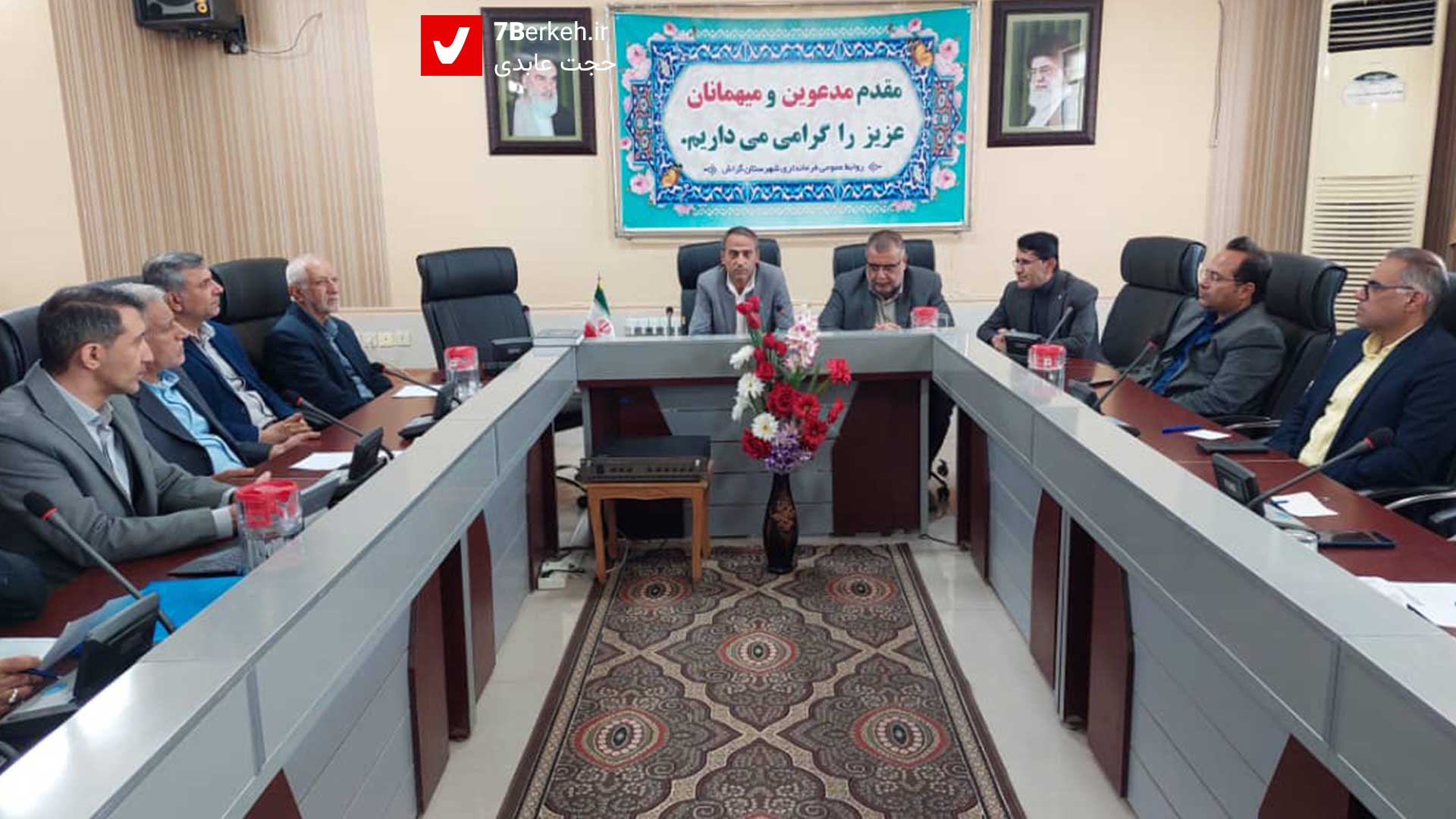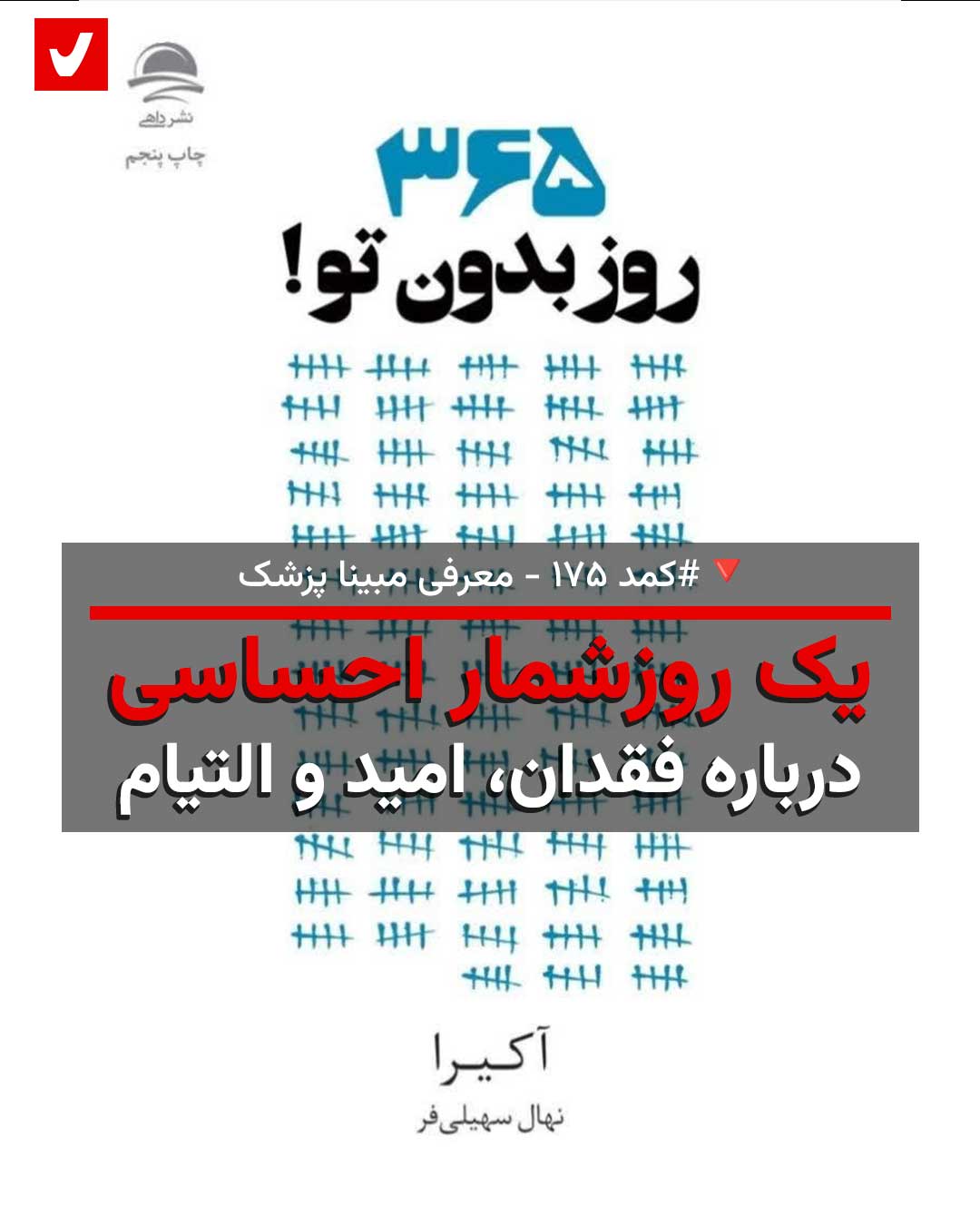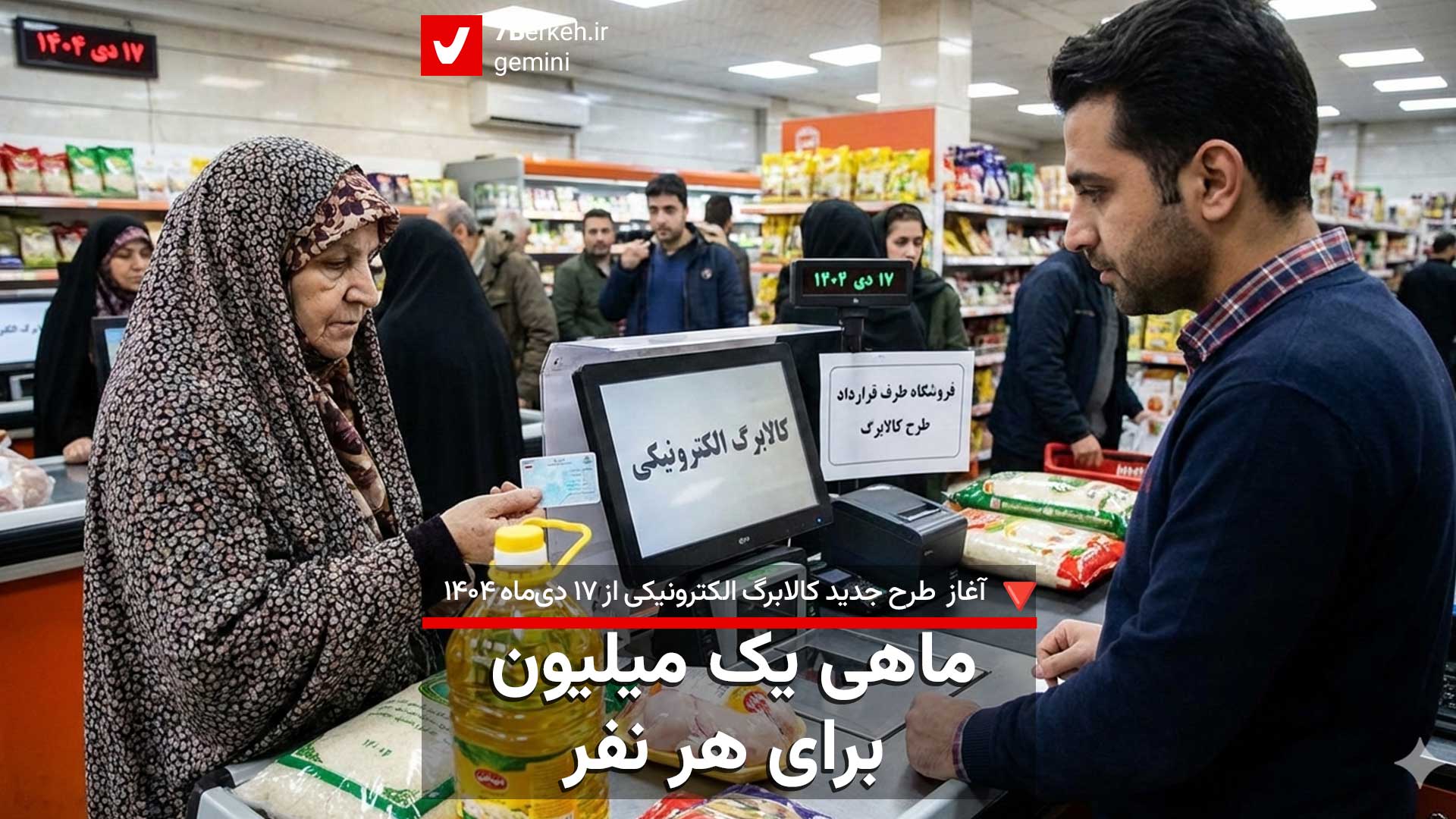Hamidreza Shamohammadi: There is a common misconception that video games are counterproductive in children’s learning experience through schools. Recent studies show that this is not necessarily true, and that children’s love towards video games can be harnessed for a more positive learning experience.
One such study had some children playing the popular internet game 2048 before mathematics classes while others would not. The study showed that the students who did play the mathematical, strategical, simple game presented higher contribution within the class. This is as the game would gear up the brain for the class by taking the brain out of the resting state.
This is not the only way that video games can be used to help students. One high school within the United States opened a video game club which had a minimum grade boundary to join. This pushed a lot of students to get to that minimum grade boundary to be able to join the club so that they could easily play video games with their friends in a LAN environment (which apparently is much more fun). This should be incorporated in schools wherever it is affordable because it is a simple way to make students want to learn more.
Last, but certainly not least, the Robert Morris University in the States also has been offering scholarships to people who play video games professionally.
In conclusion, even though video games could be addicting and are commonly viewed as a waste of time, they could be used to help boost learning if used in the right manner, in the appropriate amount.
Some words and expressions in this story:
mutually exclusive: غیر قابل جمع
misconception: بدفهمی
can be harnessed: میتواند مهار شود
learning experience: تجربه آموزشی
higher contribution: مشارکت بیشتر
minimum grade: حداقل نمره
scholarship: بورسیه
professionally: حرفهای
addicting: اعتیادآور
waste of time: هدر دادن وقت
boost: ارتقا دادن، بالا بردن





